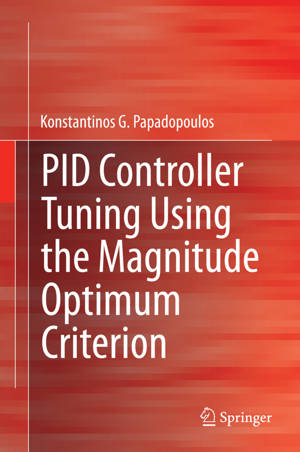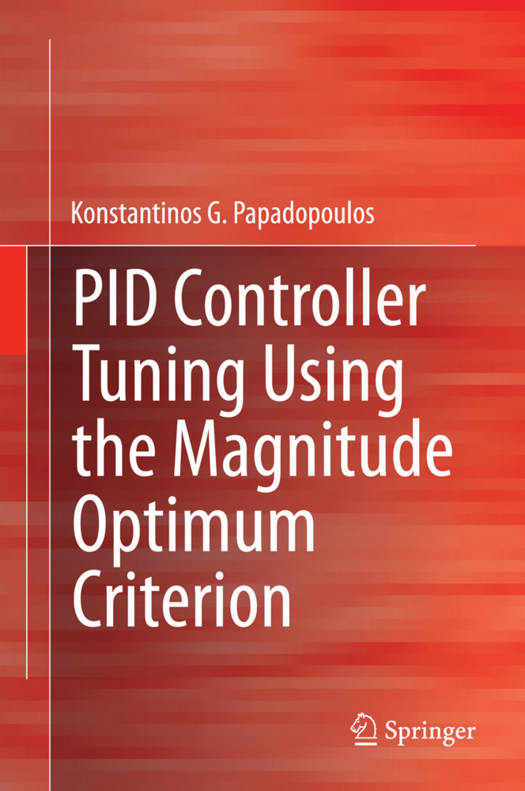
- Afhalen na 1 uur in een winkel met voorraad
- Gratis thuislevering in België vanaf € 30
- Ruim aanbod met 7 miljoen producten
- Afhalen na 1 uur in een winkel met voorraad
- Gratis thuislevering in België vanaf € 30
- Ruim aanbod met 7 miljoen producten
Pid Controller Tuning Using the Magnitude Optimum Criterion
Konstantinos G PapadopoulosOmschrijving
An instructive reference that will help control researchers and engineers, interested in a variety of industrial processes, to take advantage of a powerful tuning method for the ever-popular PID control paradigm.
This monograph presents explicit PID tuning rules for linear control loops regardless of process complexity. It shows the reader how such loops achieve zero steady-position, velocity, and acceleration errors and are thus able to track fast reference signals. The theoretical development takes place in the frequency domain by introducing a general-transfer-function-known process model and by exploiting the principle of the magnitude optimum criterion. It is paralleled by the presentation of real industrial control loops used in electric motor drives. The application of the proposed tuning rules to a large class of processes shows that irrespective of the complexity of the controlled process the shape of the step and frequency response of the control loop exhibits a specific performance. This specific performance, along with the PID explicit solution, formulates the basis for developing an automatic tuning method for the PID controller parameters which is a problem often met in many industry applications--temperature, pH, and humidity control, ratio control in product blending, and boiler-drum level control, for example. The process of the model is considered unknown and controller parameters are tuned automatically such that the aforementioned performance is achieved. The potential both for the explicit tuning rules and the automatic tuning method is demonstrated using several examples for benchmark process models recurring frequently in many industry applications.
Specificaties
Betrokkenen
- Auteur(s):
- Uitgeverij:
Inhoud
- Aantal bladzijden:
- 296
- Taal:
- Engels
- Reeks:
Eigenschappen
- Productcode (EAN):
- 9783319072623
- Verschijningsdatum:
- 11/11/2014
- Uitvoering:
- Hardcover
- Formaat:
- Genaaid
- Afmetingen:
- 156 mm x 234 mm
- Gewicht:
- 621 g

Alleen bij Standaard Boekhandel
Beoordelingen
We publiceren alleen reviews die voldoen aan de voorwaarden voor reviews. Bekijk onze voorwaarden voor reviews.











